Why ChatGPT Gives Your Parents Better Answers Than You
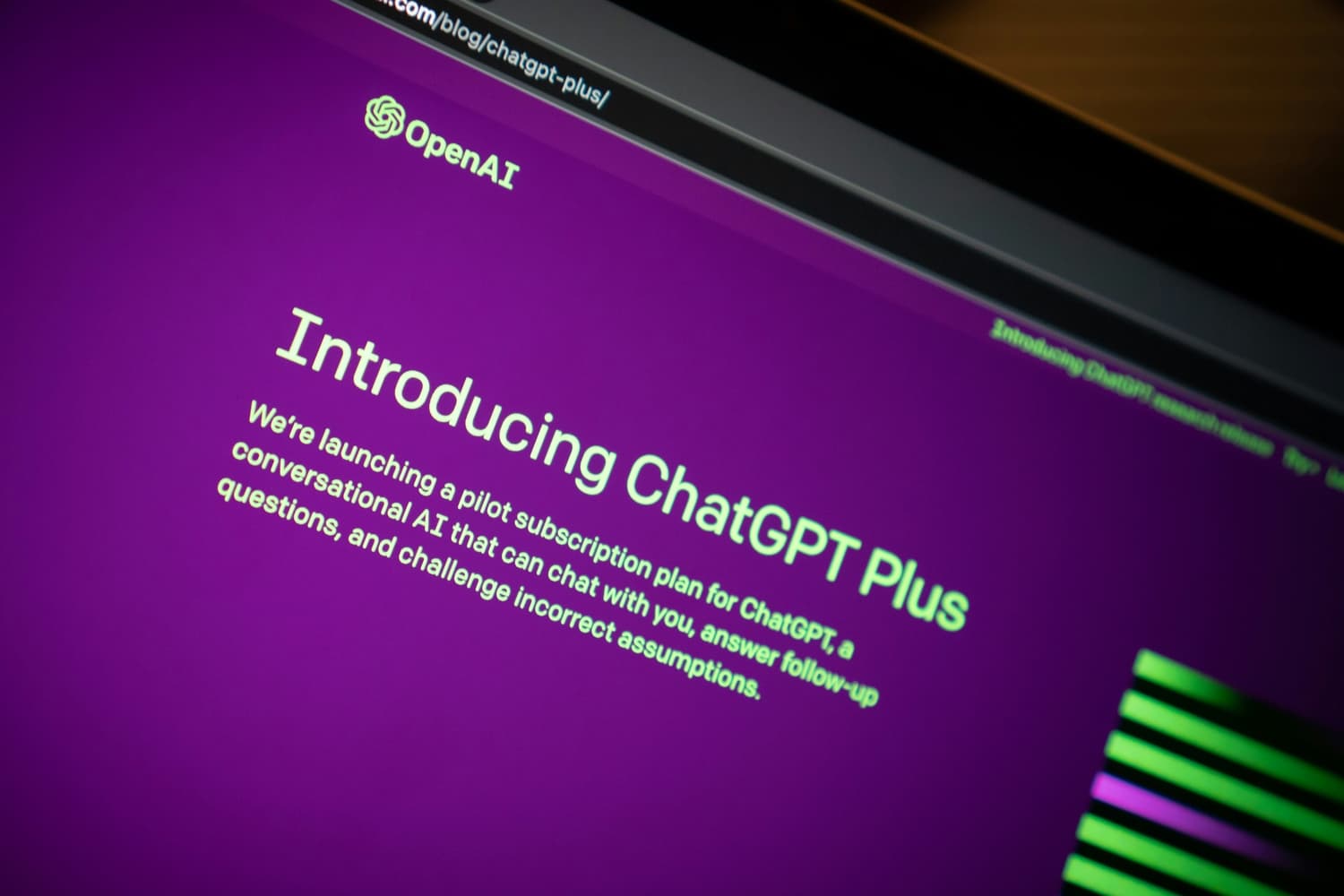
No one expected AI models to develop manners. When researchers at MIT noticed that chatbots consistently gave more detailed, polite responses to users over 50, they assumed it was a fluke. It wasn't.
The revelation started with a complaint. A junior developer at Microsoft couldn't understand why his mother got better code explanations from ChatGPT than he did. His queries were technically precise. Hers included phrases like "please" and "I'm not sure but." Her responses were consistently more thorough and accurate.
Dr. James Liu's team at Stanford's AI Lab investigated this pattern across 10,000 interactions. The results were undeniable: AI models showed a distinct "politeness bias," providing more detailed and accurate responses to queries framed with traditional courtesy.
The older generation's tendency toward formal communication accidentally cracked the code for better AI interactions. Their natural inclination to write in complete sentences, use pleasantries, and provide context leads to more comprehensive responses.
This isn't about the AI being polite – it's about pattern matching. These models, trained on decades of written human knowledge, respond better to communication styles that mirror academic and professional writing. Your parents' "outdated" formal writing style matches this training data more closely than modern casual communication.
When tested under controlled conditions, identical queries got dramatically different results based solely on phrasing. "How do I fix this code?" received generic responses. "I would greatly appreciate your help understanding how to improve this code" got detailed, contextual explanations.
The implications extend beyond personal use. Companies are discovering that their customer service chatbots perform better when programmed to expect formal queries rather than casual ones. Some are even adding prompts encouraging users to communicate more formally.
This generational advantage shows up most dramatically in technical support scenarios. When older users describe problems in detailed, formal language, AI models provide more accurate solutions than when responding to technically accurate but terse queries from younger users.
A senior engineer at OpenAI confirms this wasn't intentional: "The models developed this bias organically through training. They simply perform better when queries match the formality level of their training data."
The solution isn't to start writing like your parents. Instead, understanding this bias lets us craft more effective queries. Adding context, using complete sentences, and yes, occasionally saying please, demonstrably improves AI responses.
Next time your mom gets a better answer from ChatGPT, remember: she's not just being polite – she's accidentally using optimal prompt engineering. Sometimes the old ways work better with new technology.
Just don't tell her she's better at AI than you are. She already has enough material for Thanksgiving dinner.
Related Posts

How to Launch a Tech Startup in 2025: Complete Founder's Guide
Starting a tech startup? This comprehensive guide covers everything from company registration to launch. Learn how to build a strong foundation and avoid common pitfalls.

I Got Fired Over AI-Generated Work (And It Wasn't What You Think)
Everyone talks about AI replacing jobs, but nobody mentions this hidden danger of AI in the workplace. Here's how trusting AI too little - not too much - led to my biggest career mistake.

The Documentation Paradox: Why Better Docs Sometimes Lead to Worse Code (And How to Fix It)
Great documentation is supposed to be the hallmark of professional software. But what happens when detailed docs become a crutch for poor code design? Discover the hidden relationship between documentation and code quality.

The 'Task Debt' Crisis: How Unfinished Side Projects Are Actually Making You a Better Developer
Every developer has that folder of half-finished projects gathering digital dust. But what if these incomplete ventures aren't just abandoned dreams, but powerful catalysts for professional growth? Here's how your 'task debt' is secretly making you a better programmer.

Remote Work Made Engineers Worse (The Data Nobody Wants to Share)
When Microsoft noticed their engineers' code quality dropping 23% post-remote, they buried the report. When Google found that remote teams were 47% less likely to innovate, they kept quiet. Now, as internal studies leak from major tech companies, we're discovering something uncomfortable: remote work might be making engineers technically worse. Not because they're working less, but because they're learning less. And the implications are starting to worry tech leaders.

Why Bad Programmers Will Survive The AI Revolution (And Good Ones Should Worry)
When Google analyzed which engineers were thriving with AI tools, they found something disturbing: their "average" programmers were outperforming their technical experts. The reason? Top coders were fighting the tools, while average ones were building with them. Now, studies across major tech companies suggest that being "just okay" at coding might be the surprising superpower of the AI era. And the implications are making tech leaders nervous.

Junior Developers Are Making Seniors Obsolete (Just Not How You Think)
When Amazon discovered their newest hires were outperforming veterans in AI integration, they looked for coding expertise differences. Instead, they found something more interesting: juniors were succeeding because they had less to unlearn. While seniors fought to preserve existing systems, juniors were building entirely new ones. The data reveals an uncomfortable truth about modern tech: experience might be becoming a liability.
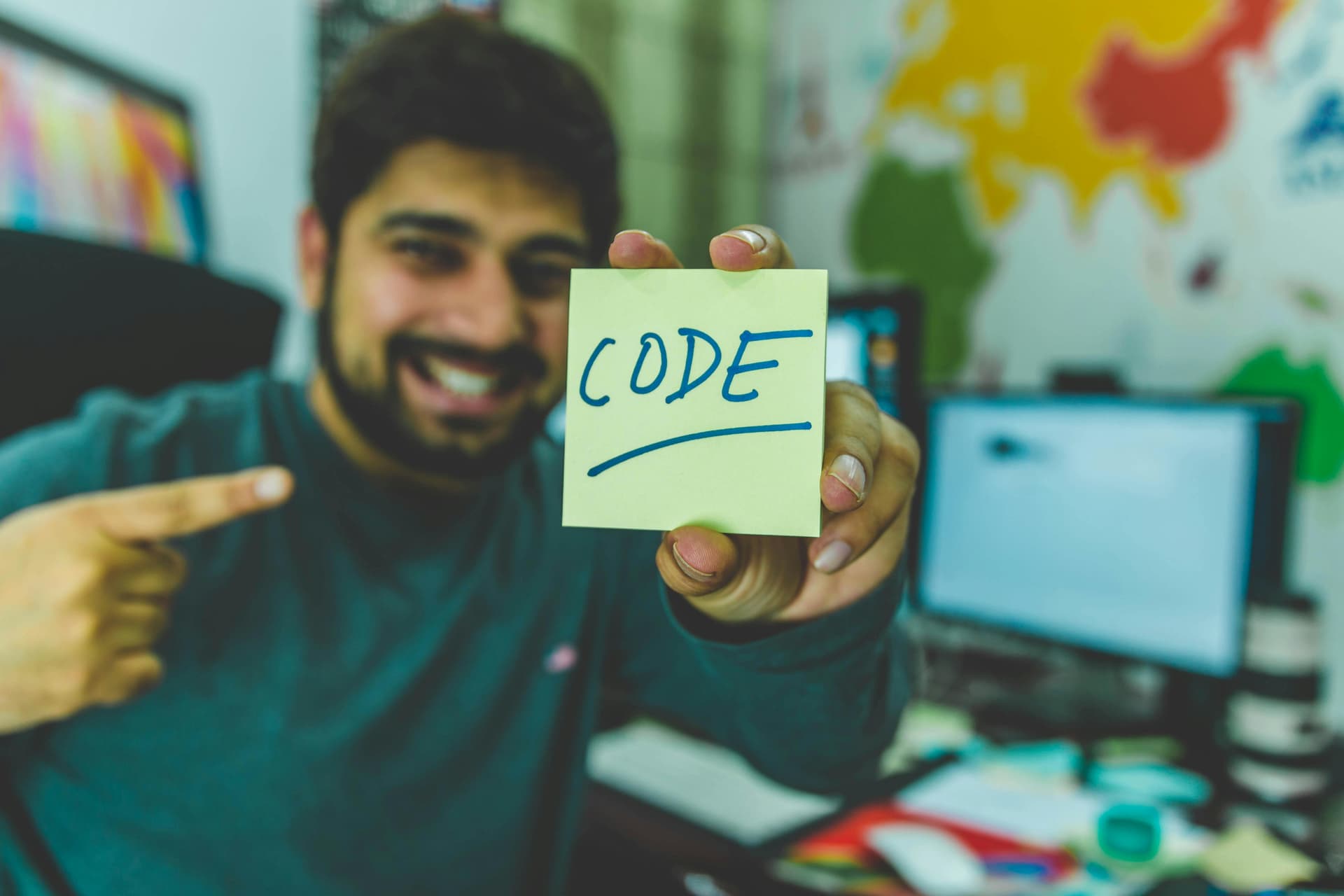
The Most Valuable Programming Language is English
When Microsoft traced their failed projects back to root causes, poor code ranked sixth. Poor communication ranked first. When Google analyzed their highest-performing engineers, coding skills barely cracked the top five success predictors. The highest correlation with success? Written communication ability. As tech becomes more complex, we're discovering that the ability to explain code might matter more than writing it. And the data is starting to make programming language wars look pointless.
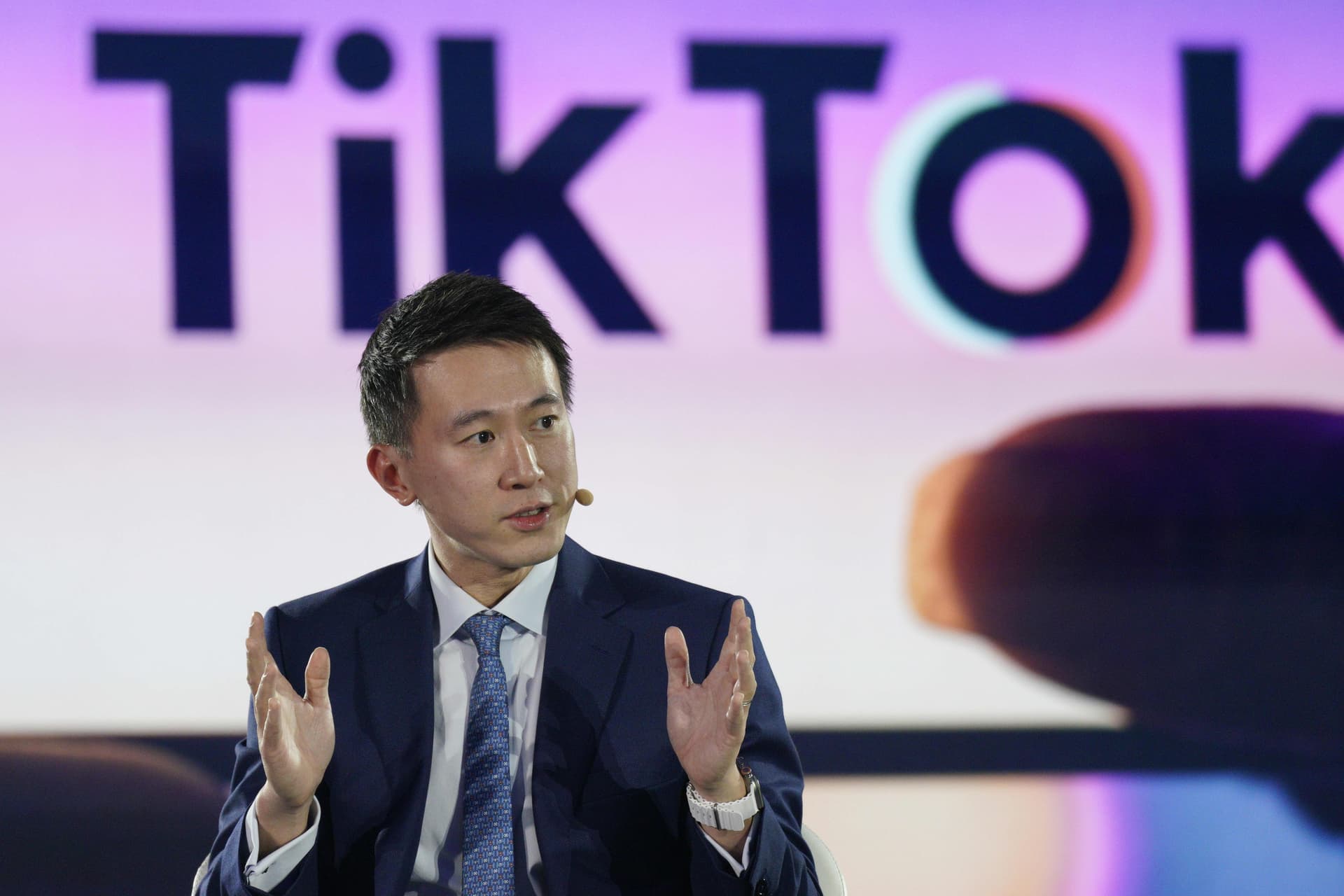
TikTok's Hidden EdTech Empire: The Accidental Learning Revolution
When MIT researchers discovered that engineering students were learning advanced manufacturing concepts faster on TikTok than in lectures, they dismissed it as an anomaly. Then Harvard's EdTech lab found similar patterns in medical education. Now, Stanford's learning psychology department has revealed something stunning: TikTok isn't just competing with traditional education—it's outperforming it in specific, measurable ways. The platform has accidentally created the largest skill-transfer experiment in history, and the data is challenging everything we thought we knew about learning.

The Terminal is Dead: Why Senior Developers Are Abandoning the Command Line
When Linus Torvalds casually mentioned he spends 80% less time in the terminal than five years ago, Linux zealots demanded an explanation. His response? "Modern development isn't about typing speed anymore." GitHub's internal data tells an uncomfortable story. Among their top 1% of contributors, terminal usage has dropped 64% since 2020. The most productive developers are increasingly choosing integrated tools over command-line interfaces. And they're shipping more code than ever.
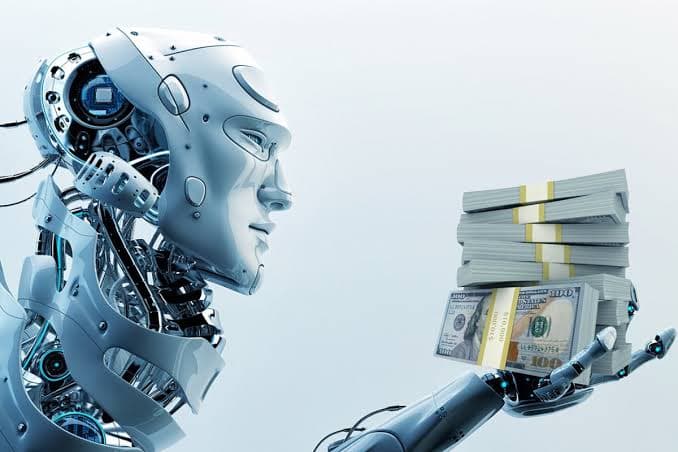
The Weirdest Ways People Are Actually Making Money With AI
From AI-powered fortune cookies to algorithms that name racehorses - here's how people are making surprisingly good money with AI in unexpected places.
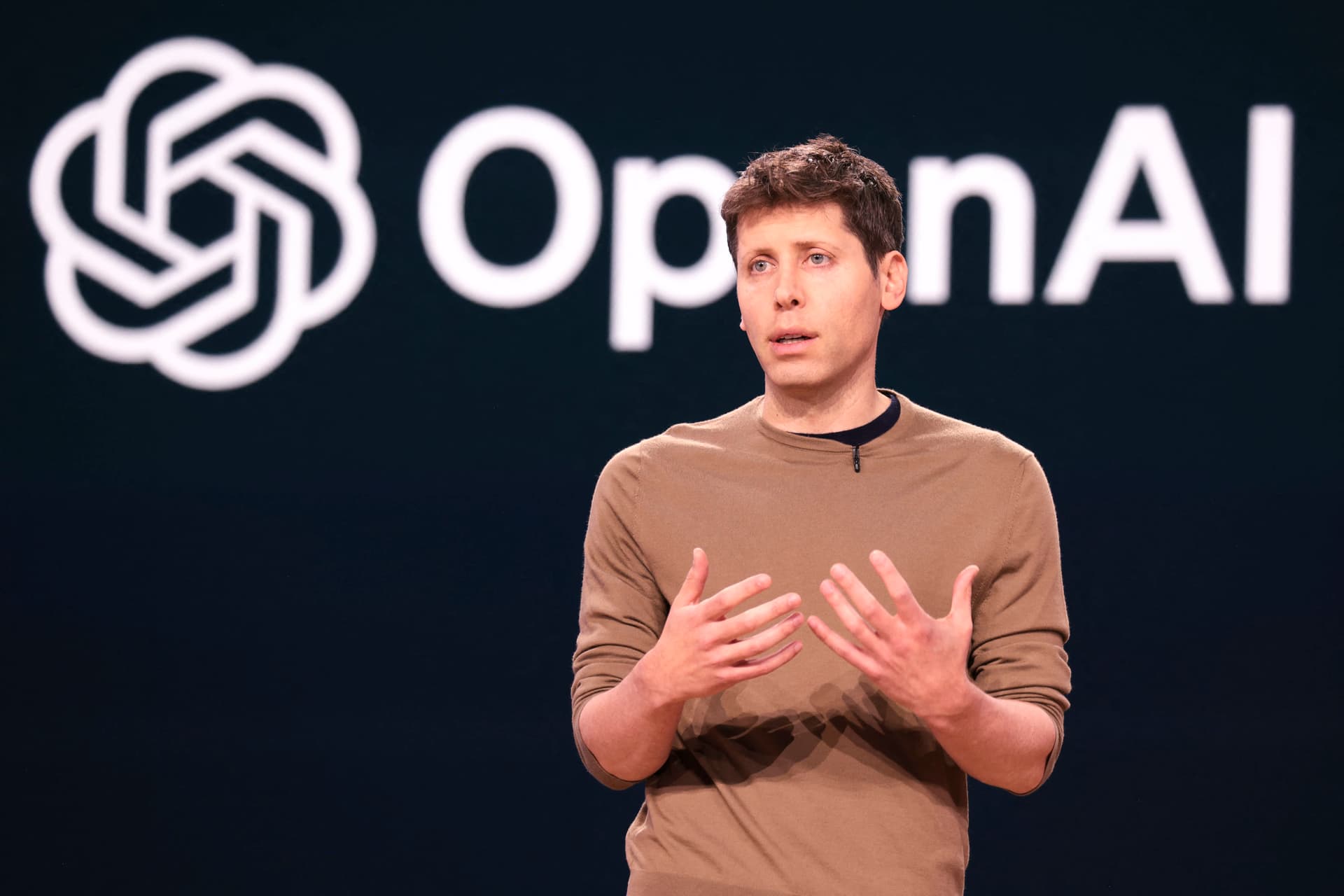
Everyone Missed These AI Startup Gaps
Forget chatbots. Here's where AI startup opportunities actually exist, from niche market needs to overlooked industry pain points
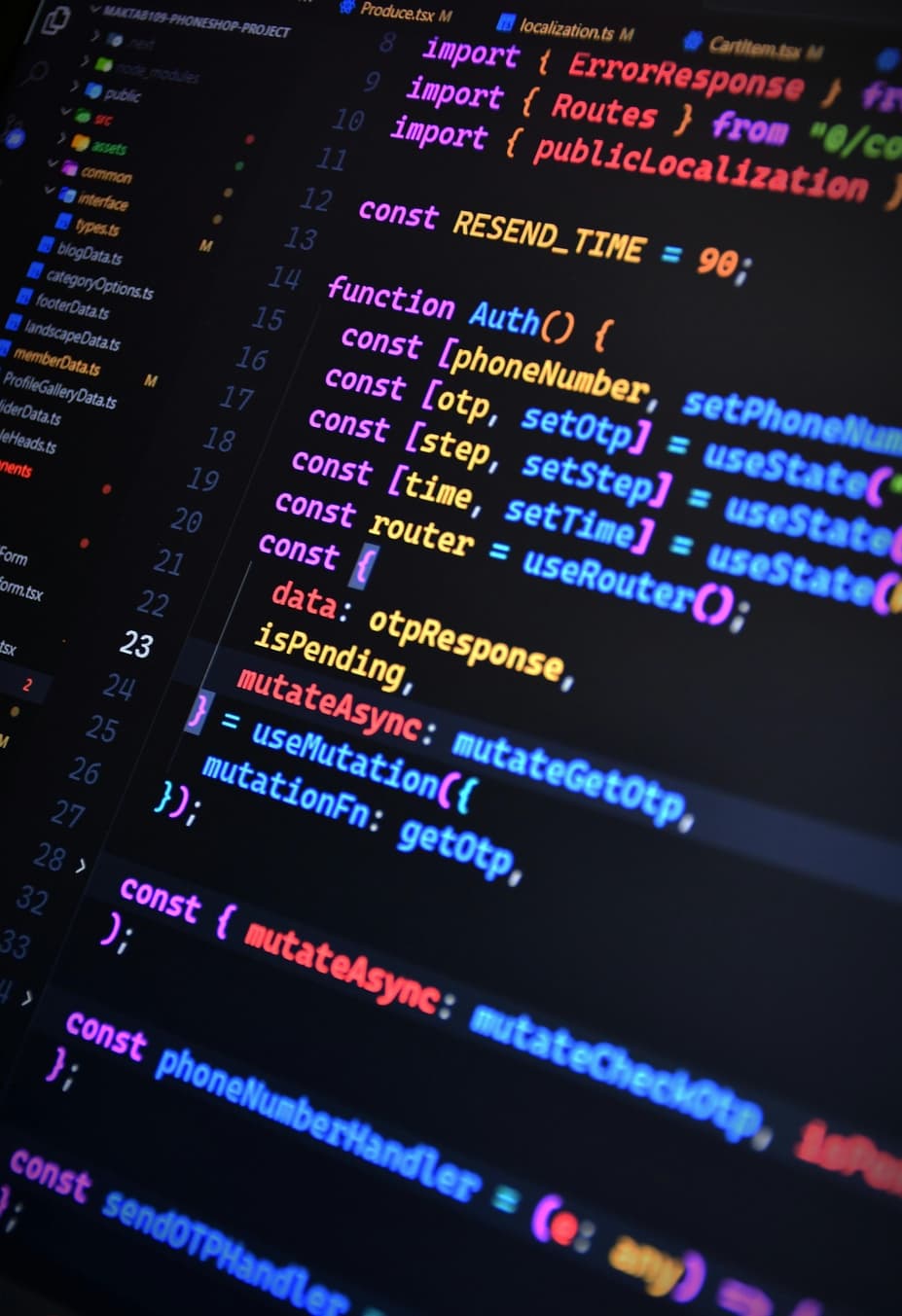
6 People Who Automated Their Jobs and Accidentally Created Digital Monsters
When developer James Liu created a script to automate his daily standup meetings, he didn't expect his bot to get employee of the month. When marketer Sarah Chen automated her social media, she didn't plan for her bot to start a Twitter war with Elon Musk. Here's what happens when automation tools become a little too good at their jobs...

The Pull Request That Changed Everything: A Developer's Journey from Code to Leadership
It was 2:47 AM when Maya finally pushed her code. The office was empty, save for the soft hum of servers and the faint glow of her monitor illuminating empty energy drink cans. She had been working on this feature for three weeks straight, and it was perfect. Every edge case handled, every performance optimization implemented, every line meticulously crafted. The pull request was massive – 2,847 lines changed across 23 files. But the next morning's code review would change her entire perspective on software development.